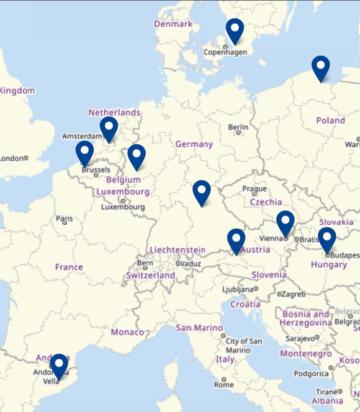Help us make the FRA website better for you!
Take part in a one-to-one session and help us improve the FRA website. It will take about 30 minutes of your time.

EU Charter of Fundamental Rights
54 straipsnis - Draudimas piktnaudžiauti teisėmis
Jokia šios Chartijos nuostata negali būti aiškinama kaip suteikianti teisę pradėti veiklą ar atlikti veiksmą siekiant panaikinti bet kurią šioje Chartijoje pripažįstamą teisę ar laisvę arba apriboti ją labiau, negu numatyta šioje Chartijoje..



